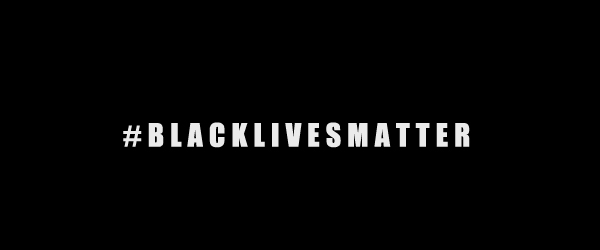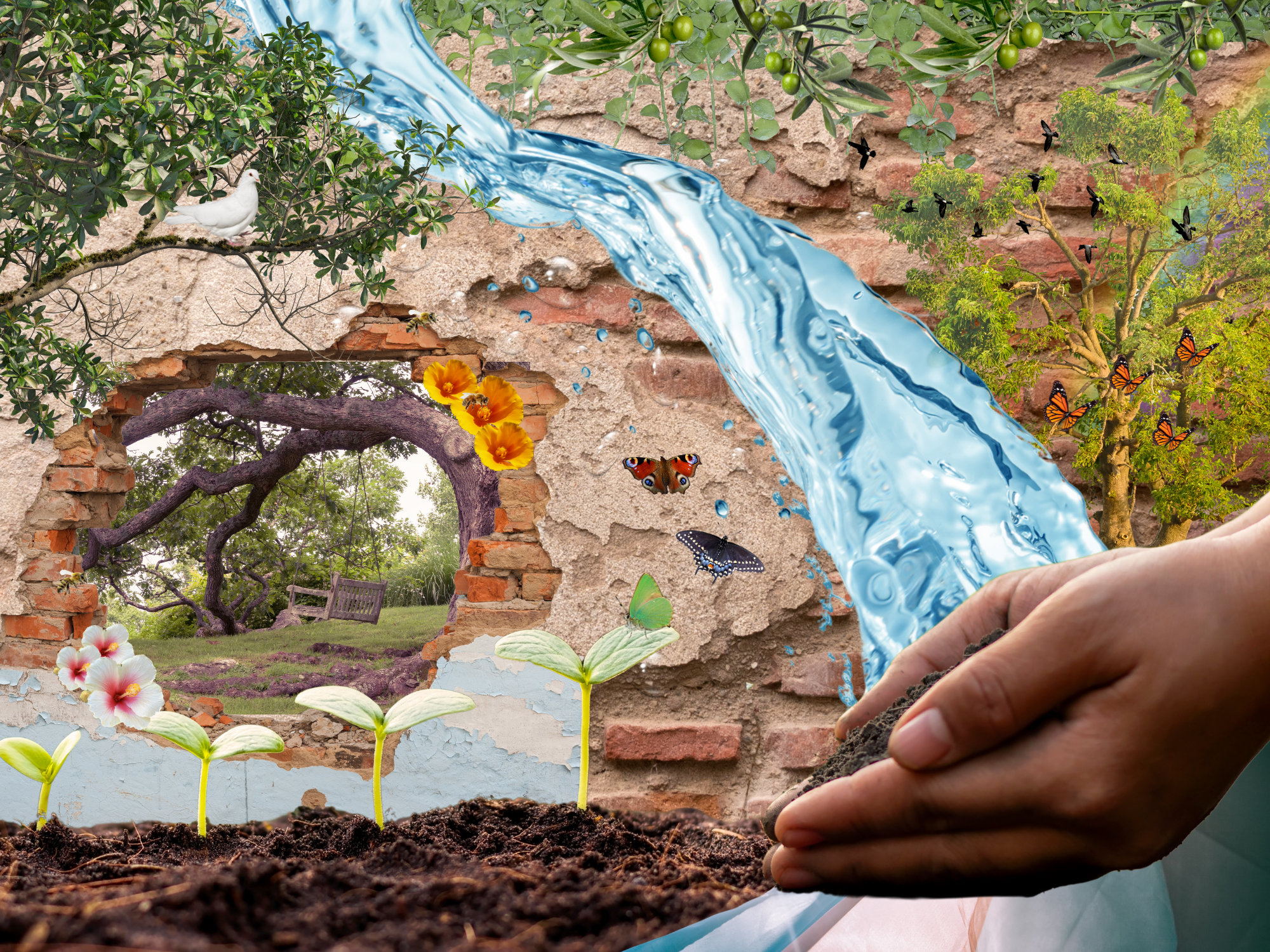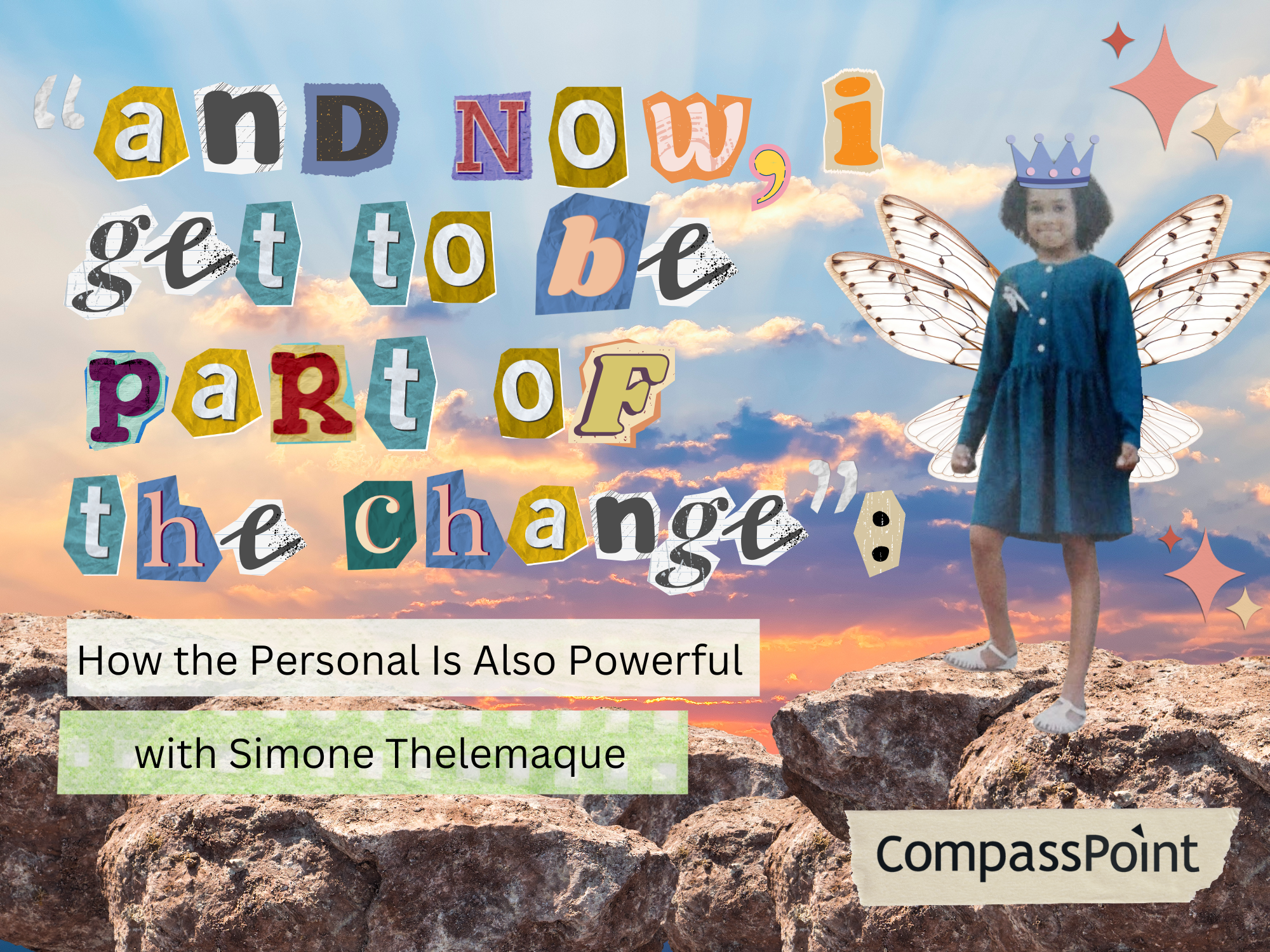Like you, we've been watching with anger, fear, frustration, and deep sadness at the events that unfolded in Charleston this past week. In a year where the trauma of violence against black lives and bodies has been acutely present in our communities, this act of racist terrorism cuts deeply into fresh wounds. Where do we go from here and how do we come together to take on the systems of racism and oppression that lay the groundwork for this kind of violence? As we grapple with the work ahead of us and create spaces for healing in light of despair, we wanted to take a moment to share some of our own thoughts and feelings, elevate some of the voices and calls-to-action that are resonating with us at CompassPoint, and honor the lives and memories of the nine victims:
Sharonda Coleman-Singleton, 45
Cynthia Hurd, 54
Susie Jackson, 87
Ethel Lee Lance, 70
Depayne Middleton Doctor, 49
Rev. Clementa Pinckney, 41
Tywanza Sanders, 26
Daniel L. Simmons, 74
Myra Thompson, 59

Kad Smith, CompassPoint Project Assistant for our leadership development programs, offers these thoughts which put to words what many of us are feeling and call for each of us to step up (read the full piece here):
"The horrendous massacre which occurred in Charleston last week has left me and millions across this country heavy hearted. The act in itself was as senseless, hateful, and disgusting as anything I can imagine. My thoughts and prayers go out to the families of the victims and the entire community of Charleston.
In our response to this calamity, we must understand this was not an isolated incident. It was an act that was a byproduct of a nation that has struggled with institutional and individual racism since its inception. However somber it may be, this act serves as a reminder that our country suffers from a very pestilent form of racism. In remembrance of the fallen, we cannot and must not shy away from this all too painful reality.
It’s easy to escape into the paralysis of pessimism, to be crippled by fear in facing a deeply rooted hatred that seems insurmountable, to allow our wounds to keep us from the battlefield of righteousness. These are understandable responses; I would be a liar to say there haven’t been many times in my life where I’ve gone through each of these tumultuous reactions.
But we shouldn’t expect progress through the process of seeking to escape, we should search for progress in confronting problems too monstrous to hide from. To me, we can only make headway by acknowledging the shared responsibility we have in addressing the racist underbelly of our great nation and in being accountable for its continuance as both individuals and as a collective society. We move forward by calling to halt the cyclical continuance of cancerous paradigms and weeding out the ill-rooted cultural practices which perpetuate incidents of mass-violence. It lies in denouncing an Us vs. Them mentality, which we've been force-fed since childhood. A better future lies in walking the path less traveled – in facing our personal and societal demons with an intention to rebuke them.
We owe that to ourselves, to our children, to the family members currently in mourning and to the victims of the Charleston Massacre. We are all accountable."
And as we gather within our own organizations and communities to reckon with the events of Charleston, Project Director Lupe Poblano offers these reminders about accountability and intersectionality in social change movements:
"Communities that experience murderous violence and stifling oppression are often pushed to move into the “healing” space by the dominant white culture, while that same dominant culture refuses to even acknowledge the trauma or its root causes. How can we truly heal then?? I see our work as meeting people where they are in their process by first acknowledging and validating that violence and oppression against marginalized communities is still alive and present.
We know that this work must remain intersectional. I had a conversation with a colleague and she pointed out that six of the nine Charleston victims were women. That is a significant detail that I, with my male privilege, was not even tracking on and paying attention to. Another great reminder for me about how intersectional this work needs to be."
Following are a handful of the resources and responses that have been helpful to us in making meaning of the events of Charleston and focusing us toward productive action. Please consider supporting the Movement for Black Lives Convening on July 24-26. There are multiple ways to get involved, show your support, and add your voice to the call for change.
Get Involved:
- Lift up and remember the names and lives of the victims of Charleston
- The Movement for Black Lives
- Support the Movement for Black Lives Convening taking place from July 24-26 in Cleveland, Ohio. Find out how you can get involved by registering, donating, lending your endorsement, and spreading the word.
- After Charleston: 6 Ways to Support Black Lives from The Center for Media Justice
Resources:
- The Charleston Syllabus a project conceived by Chad Williams, associate professor of African and Afro-American Studies at Brandeis University, and curated by historian Keisha Blain
- For Black Folks Who Feel Numb: On Charleston, Racism, and Not Knowing What There Is Left To Say by Mia McKenzie, Black Girl Dangerous
- No, YOU Need a History Lesson: The Confederate Flag Is a Symbol of Hate by Ben O'Keefe, MoveOn.Org
- Charleston - Questions and Considerations for Reflections and Discussion by Kevin Fong, Elemental Partners
- Black Bodies in Motion and Pain by Edwidge Danticat, The New Yorker





Submit a comment